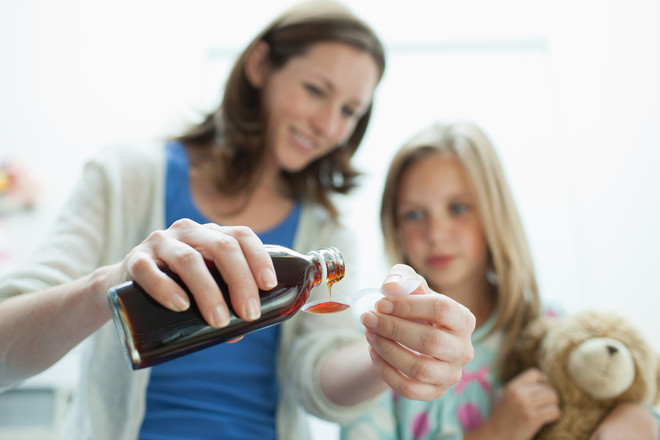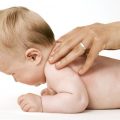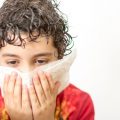On the one hand, coughing is bad. It appears when the respiratory system is affected. It occurs with inflammation in the throat, trachea, bronchi, lungs, irritation of the pleura. On the other hand, coughing is good. It plays the role of a protective mechanism that cleans the lungs of sputum or foreign particles. Accordingly, it can and should be talked about as an assistant. How to distinguish one from another, says a pediatrician, a popular medical blogger Tatyana Butskaya. Photo: GettyImages
Photo: GettyImages
What is a cough?
• Dry cough (also called useless cough)or unproductive) is observed in two cases: cough receptors are irritated not by sputum, but by various pathological processes (inflammation, foreign body, scars, tumor), or sputum is so viscous that it does not separate. Usually, a dry cough appears in the first days of acute respiratory viral infections, acute pneumonia, chronic laryngitis, pleurisy. • A wet cough is always accompanied by the release of sputum. It is typical for many diseases: acute respiratory infections, bronchitis, pneumonia, bronchial asthma. • Periodic cough occurs during exacerbation of chronic diseases of the lungs and bronchi. • Constant cough occurs with chronic diseases of the larynx, trachea, bronchi, as well as tuberculosis. • Paroxysmal cough (coughing shocks quickly follow one another and seem to overlap) can be a sign of whooping cough, cystic fibrosis, bronchial asthma, and chlamydial infection. • Barking cough develops with allergic edema of the larynx, laryngitis. • Quiet cough (coughing) occurs with chronic bronchitis, pleurisy, pneumonia, tuberculosis. Cough can be a symptom of a variety of diseases, so the child must be shown to a pediatrician.
How to treat dry cough?
The main goal of treatment is to remove phlegm, andalong with pathogenic microorganisms. But how to do this if the child has a dry cough? In this case, it - the cough, not the child - needs to be moistened. • Make sure to drink plenty of fluids. • Create comfortable conditions for recovery. The optimal humidity in the apartment should be about 50-60 percent. However, during the heating season, it often drops to a catastrophic 20 percent. To maintain the necessary humidity, use a humidifier. If you do not have one, put a wet towel on the battery every 2 hours. The optimal air temperature is 18-20 degrees. Do not forget to ventilate the apartment. • You can resort to the help of inhalers and drugs that thin the phlegm. However, before using them, consult a doctor. Many experts believe that natural hydration can be used.• Remember that you should never take medications that stimulate the formation of mucus and medications that block its removal (for example, cough suppressants) at the same time. This can lead to a lot of mucus accumulating in the respiratory tract.• After the cough has become wet, remove the mucus. Photo: GettyImages
Photo: GettyImages
How to treat a wet cough?
It is difficult for small children to cope withcoughing up phlegm, which is what causes complications. To avoid them, use these simple tips:• do breathing exercises in a playful way. Soap bubbles, playing wind instruments - all this stimulates the removal of phlegm.• do a massage. From time to time, place the baby on your lap with his chest and gently tap on his back.• if the baby does not have a fever, go for a walk.• consult a pediatrician about treatment. Herbal syrups are usually prescribed to children as expectorants. However, expectorants sometimes reduce the viscosity of phlegm and significantly increase its amount. This is fraught with a sharp deterioration in the child's health. In this case, the drug is either discontinued or the dosage is reduced. If the child has obstruction (airway obstruction syndrome), the doctor recommends expectorants plus drugs that relieve bronchospasm, plus mandatory humidification. Taking first-generation antihistamines (suprastin, tavegil) in such cases is not recommended. They thicken the sputum and make it difficult to remove.
What if I do not have a cough for a long time?
Residual effects may make themselves knownlong enough. However, if the cough progresses or lasts for more than 2 months, you should see a specialist again. The cough can be caused by whooping cough (parakoklyush), adenoiditis (mucus flowing down the wall of the nasopharynx), a foreign body in the lungs, bronchial asthma, nervous tics, and even heart disease. To identify the cause, X-rays and blood tests are usually enough.









